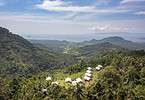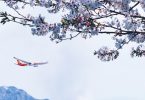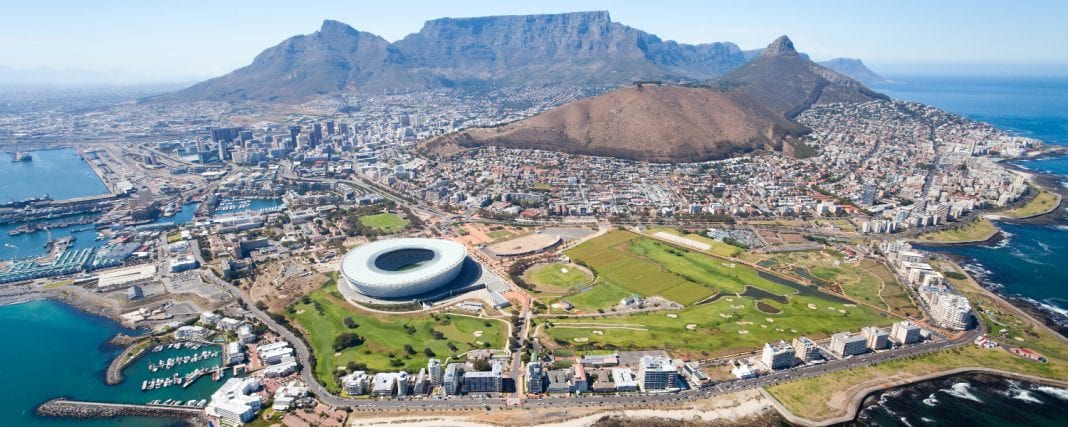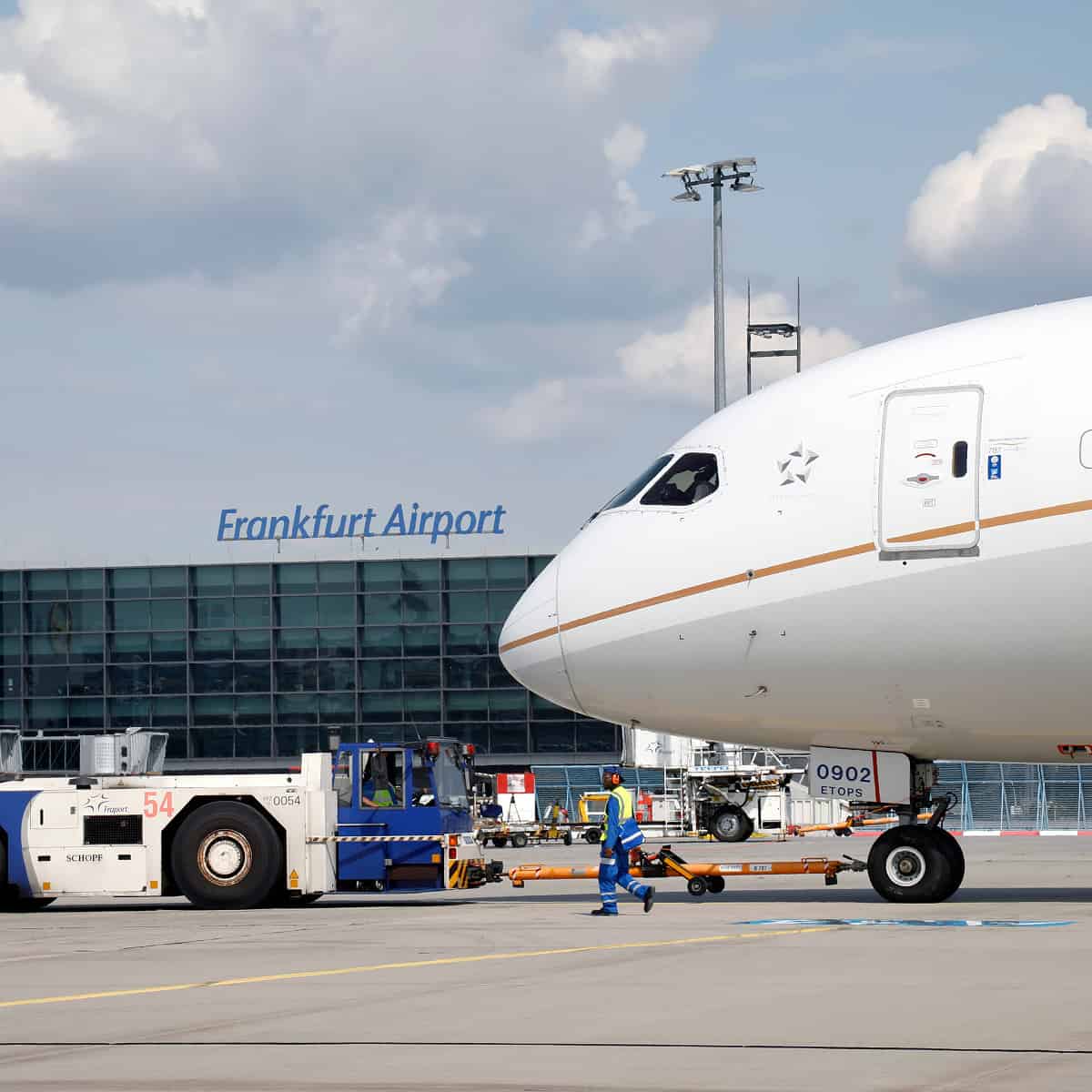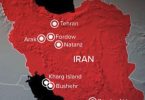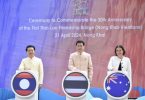TAIPEI – The 350-room Cheng Pao Hotel near central Taiwan’s Sun Moon Lake separates Chinese tourists from Japanese guests at meals to ensure those from China don’t take out their nationalist aggressions on visitors from Japan.
“Japanese and Chinese guests eat at different times and in different places, in case of conflict,” hotel manager Chang Tse-yen said.
The same hotel also struggles to feed eight-person Chinese tour groups on the dirt-cheap maximum of T$1,200 ($39) that some are willing to pay for meals, including extra garlic and extra chili peppers. Taiwanese diners would expect to pay more.
“Chinese tourists seldom travel outside China, so they may not be used to some things,” Chang said.
Cheng Pao hotel’s experience with its trickle of Chinese tourists is a signal of how much culture shock Taiwan can expect when it opens its doors to thousands of visitors from China on Friday.
Though most people in China and Taiwan are ethnic Chinese, 59 years of separation and radically different governments have pulled them apart. The two have been ruled separately since defeated Nationalist forces fled to the island amid civil war in 1949.
The two sides agreed at a historic meeting last month to let up to 3,000 China tourists visit the largely forbidden island, which sees them as a way to jumpstart the economy.
“There’s a culture gap, so I definitely think there are going to be growing pains,” said Raymond Wu, a political risk consultant in Taipei. “There may be a sense of superiority or an inferiority complex depending on your perspective.”
The differences are myriad.
People from Taiwan and Japan generally get on well, as Taiwanese have fonder memories of their Japanese colonial past than Chinese. There would have been no need for separate dining times at Sun Moon lake’s Cheng Pao hotel.
Taiwan citizens, who are influenced heavily by hyper-polite Japan, fear Chinese will yell, spit or cut in on queues, all of which are an anathema to many Taiwanese.
A city health director in southern Taiwan apologized last week after saying authorities would “disinfect the places where Chinese tourists have passed through,” local media reported.
Chinese, unlike the Taiwanese, will also haggle on the prices of small purchases, merchants at tourist hotspots say.
“You might have 21,000 Chinese people in the street per day. It’s a test to the system here,” said Tsai Ing-wen, chairwoman of Taiwan’s main opposition party. “Cultural differences and systemic differences between us and Taiwan will be accentuated.”
“TRUST OUR TOURISTS”
The culture shock may not be confined to the Taiwanese.
Barred from Taiwan for so long, some Chinese tourists may expect to see glitzy high-rises and shiny new infrastructure as signs of the island’s development, consultant Wu noted.
Many Taiwan buildings are cramped, tattered and rain-stained. The Taipei domestic airport has been compared to Pyongyang’s.
But Mou Jianmin, working with a Beijing travel agency to bring tourists to Taiwan, said Chinese expecting glitzy would have headed to Pudong in Shanghai or to New York.
He thinks Chinese tourists will behave well in Taiwan.
“Maybe in a group of 10, only one will spit,” he said.
This week Chinese officials defended the behavior of their tourists, insisting they would be polite and citing no need for a hotel curfew to ensure none stayed in Taiwan illegally to work.
“I don’t think that will happen. Trust our tourists,” Li Renzhi, head of China’s National Tourism Administration’s quality management division, told a throng of Taiwan reporters.
Taiwan business people who have met Chinese tourists before aren’t worried.
“They’re quite polite,” said Lin Yi-jen with the Sun Moon Lake Full House B&B. “You get intellectuals and professors. We’re ready to receive them just as we would Taiwanese.”
Meanwhile, activists from the Falun Gong spiritual movement, which is banned in China but legal in democratic Taiwan, have massed at major travel hotspots to hand leaflets out to the Chinese about alleged atrocities by the Beijing government.
uk.reuters.com




